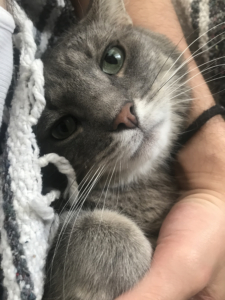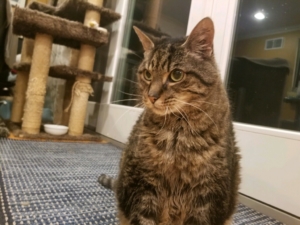Friday Facts and Figures is a weekly newsletter with data points, analysis, and commentary on the biggest policy debates in New Jersey and beyond.
Sign up here.
Vaccine Doses: 11,457,302
Fully Vaccinated People: 5,750,280
[New Jersey Department of Health / COVID-19 Dashboard]
362,000
Over the last two months, New Jersey courts have expunged a whopping 362,000 marijuana cases under the state’s new decriminalization law. This is a big win for social and racial justice — and for the advocates who made sure an automatic expungement process was included in the legalization bill package signed into law earlier this year. But the work isn’t over: according to the state Judiciary, there are up to 150,000 additional marijuana cases that may be expunged over the next few months. Charges eligible for automatic expungement include possession, selling less than one ounce, and related crimes like possession of paraphernalia and being under the influence. [NJ.com / Amanda Hoover]
12 Million
New Census data dropped earlier this week. The good news? Federal pandemic relief helped millions of families stay afloat during the pandemic, further proving that bold public investments help reduce poverty and keep the economy going. Nearly 12 million people were lifted out of poverty by stimulus checks alone, with millions more helped by unemployment benefits, expanded tax credits, and other assistance. The bad news? Poverty remains far too high in New Jersey — approximately one in ten residents are living in poverty — and federal pandemic relief programs are winding down. [NJPP / Peter Chen]
4 Million
With federal pandemic relief programs expiring, the next couple of months will be pivotal for the nation’s economic recovery. Fortunately, two major proposals in Congress — the Infrastructure Investment and Jobs Act and the budget reconciliation bill — would ensure a strong and stable recovery, according to a new analysis of President Biden’s Build Back Better agenda by the Economic Policy Institute. Taken together, the two proposals would pump $4 trillion into the economy over the next decade and create 4 million jobs across the nation. [Economic Policy Institute / Adam Hersh]
$488.7 Million
Now for a budget update: New Jersey revenues are up $488.7 million over August 2020 levels, according to new figures from the state Treasury. Income tax collections are up by 26 percent and corporate business tax revenue is up 46 percent. This is certainly good news, but Treasury officials warn against reading too much into these numbers — they only account for the first two months of the fiscal year. [New Jersey Globe / David Wildstein]
Silenced
Remember when the Atlantic City Council voted on July 21 to close their life-saving syringe exchange? A newly released Zoom chat log from the meeting shows that the council silenced members of the public from testifying in support of the program before the vote occurred. The chat log, released after a public records request, makes clear that the public comment portion of the meeting was cut short before everyone was able to testify. It also shows that some supporters were kicked out of the virtual meeting altogether. [New Jersey Monitor / Terrence McDonald]
ICYMI
Did you miss this week’s Progress 2021 event? If so, you’re in luck — we have a recording of the virtual panel on the NJPP Facebook page. Click the link to hear from health care experts on all the ways health care has and will continue to change due to the pandemic. [NJPP / Progress 2021]
Pets of NJPP
Meet Lola (left) and Sasha (right), co-working pups of Tanuja Dehne. Born in South Carolina, Lola and Sasha joined the Dehne family after being adopted from the Home For Good Dogs Rescue in Union County. They love to chase critters out of the backyard, bark at their neighbor dogs, and snuggle up on the couch. Their favorite snacks are cucumbers and whatever lands on the floor. Woof!

Have a fact or figure for us? Tweet it to @NJPolicy.









